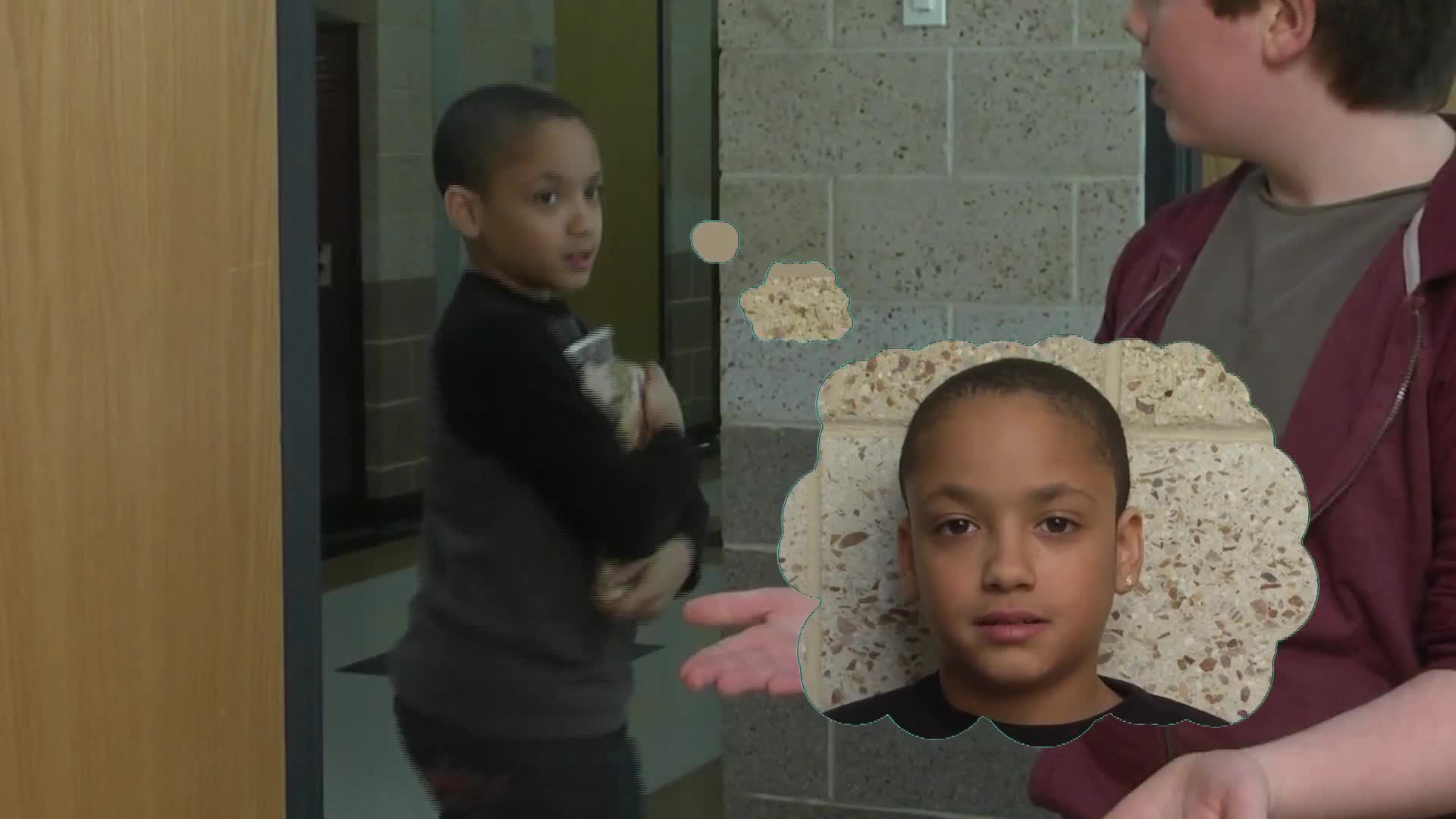
Introduction
In a healthy conversation, it’s important to maintain a balance between talking and listening. When we engage in conversations with friends, it should be like a game of catch – taking turns talking back and forth. This blog post will explore an engaging no-prep activity for educators to teach elementary students how to have balanced conversations. We’ll also provide discussion questions, touch upon related skills, and suggest next steps for further learning.
No-Prep Activity
Here’s a simple activity to help students practice balanced conversations without requiring any materials or preparation:
1. Pair students up and have them sit facing each other.
2. Explain that they will have a conversation, but they should only speak in short sentences or phrases.
3. Give a conversation starter, such as “What did you do this weekend?”
4. As they converse, remind them to take turns speaking and listening.
5. After a few minutes, ask them to reflect on how the conversation felt and what they learned from the activity.
Discussion Questions
Use these questions to stimulate further discussions about balanced conversations:
- Why is it important to take turns speaking and listening during a conversation?
- How does it feel when someone dominates a conversation? How does it affect the relationship?
- What strategies can you use to make sure you’re not talking too much or too little in a conversation?
- How can you tell if someone is engaged in the conversation or wants to end it?
- What role does nonverbal communication play in having a balanced conversation?
Related Skills
Beyond balanced conversations, there are several other social-emotional learning skills that can help students build strong relationships and navigate social situations effectively. These include:
- Active listening: Paying close attention to the speaker, showing interest, and responding appropriately.
- Empathy: Understanding and sharing another person’s feelings and perspectives.
- Assertiveness: Expressing thoughts and feelings honestly and respectfully, while considering the needs of others.
- Conflict resolution: Addressing disagreements and finding solutions that work for everyone involved.
- Respect: Treating others with kindness and consideration, and valuing their opinions and feelings.
Next Steps
To further explore and practice balanced conversations and other social-emotional learning skills with your students, sign up for a free sample of Everyday Speech’s materials. You’ll find engaging and effective resources designed to help students develop essential life skills and build strong relationships.

